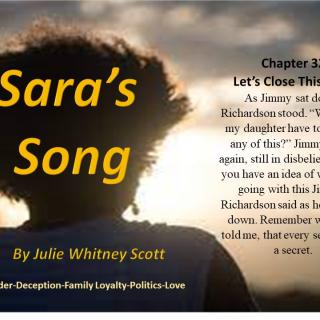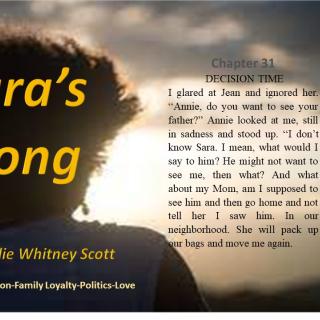Advertisement
While the exact origins of rap and hip-hop music are debatable, what was once an underground genre within New York City hit the mainstream in 1979 with the release of “Rapper’s Delight” by The Sugarhill Gang. In the following four decades, rap music grew from relative obscurity into a cultural juggernaut, influencing everything from films to fashion.
Since 2017, when it pushed past rock ‘n’ roll to become the most popular genre in America, rap music has helped lead the charge in the realm of digital streaming. In 2018, rap and hip-hop made up 31% of the total streaming market, compared to rock’s 23%. And while strong beats and catchy lyrics are a cornerstone of the genre, so are political messages.
Over the years, rap music has addressed police brutality, sexuality, systemic poverty, human trafficking, and racism. And in recent years, rap has grown to become even more progressive and politically correct, with artists including Snoop Dogg making changes to their subject matter to reflect current social issues and a more liberal mindset. Further, newer rappers on the scene are using their fame to speak out for and against various causes.
From Public Enemy to Kendrick LamarAt the 2016 Grammys, rapper Kendrick Lamar delivered an unforgettable performance addressing police brutality and the disproportionate number of black men who are incarcerated. He walked on stage in a prison jumpsuit, as part of a chain gang. Behind him, his band played inside cages.
Lamar won five Grammy awards that year, including best rap album for “To Pimp a Butterfly.” His performance of "The Blacker the Berry" and "Alright" was part politics, part business. Two weeks after his groundbreaking Grammy performance, Lamar released untitled unmastered as an exclusive digital release. The album debuted at No. 1 on the Billboard 200 and was critically acclaimed. His follow-up to “untitled unmastered,” “DAMN.” also won the best rap album Grammy in 2018.
With his unflinching political beliefs, Lamar is following in the footsteps of past influential rappers like KRS-One and Public Enemy. KRS-One's 1993 song, "Sound of da Police," featured lyrics such as "Woop-woop/ That's the sound of da police/ That's the sound of the beast" and likened police officers to the overseers who ran slave plantations. And Public Enemy stirred up controversy in 1988 with "F*ck tha Police," in which the duo of Chuck D and Flava Flav didn't hold back their negative feelings about law enforcement.
Rap’s Connection to SlaveryBut not all rap and hip-hop artists have the same feelings regarding slavery and police brutality. On the other end of the political spectrum is Kanye West, who sparked controversy by supporting president Donald Trump as early as 2016. But, West's claim that slavery was a choice led to even greater alienation among the rap community.
Following West's declaration to TMZ that, "when you hear about slavery for 400 years — for 400 years? — that sounds like a choice," many influential black entertainers spoke out against West. Director Spike Lee and rapper Will.i.am both condemned West for his insensitive statement.
Will.i.am, who founded The Black Eyed Peas, voiced his disappointment in West on Good Morning Britain: "West’s words broke my heart … When you’re a slave, you’re owned. You don’t choose if you’re owned. When you’re a slave, you’re deprived of education. That’s not choice; that’s by force."
On Misogyny and Violence in Rap MusicThe unfortunate truth is that slavery is still alive and well across the world, most notably in the form of human trafficking. And some researchers believe that the degradation of women and glorification of pimp culture heard in rap music partly fuels the $150 billion industry.
Dr. Mellissa Withers at the University of Southern California claims that pimp and rape culture directly contribute to human trafficking. “These are examples of songs that have come out. Snoop Dogg, for example, talking about glorifying pimp culture, that it’s a good thing to be a pimp,” Withers said in a USC Keck School of Medicine faculty spotlight webinar.
An immensely popular rapper/actor whose debut album, “Doggystyle,” sold more than 4 million copies, Snoop Dogg is indeed a former pimp and has no problem talking about his controversial past. In recent years, however, Snoop Dogg has changed his tune regarding the glamorization of pimp culture.
“My whole life I was taught that it was OK to call a woman a b*tch once you get in a position to have power,” Snoop Dogg told The Guardian in a 2011 interview. “But as I became a man, and seeing that wasn't the right way, I put a U-turn in and I changed direction. When you don't know, you don't know. When you know, you supposed to make a change and that's what I did.”
Final ThoughtsIt's likely that controversy will always surround rap music. And more than any other genre, politics and progressive beliefs will remain an intrinsic part of rap and hip-hop. Following in the footsteps of rap pioneers, artists such as Lamar and Will.i.am are keeping these popular genres relevant and socially progressive.


